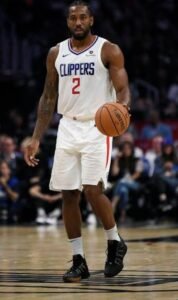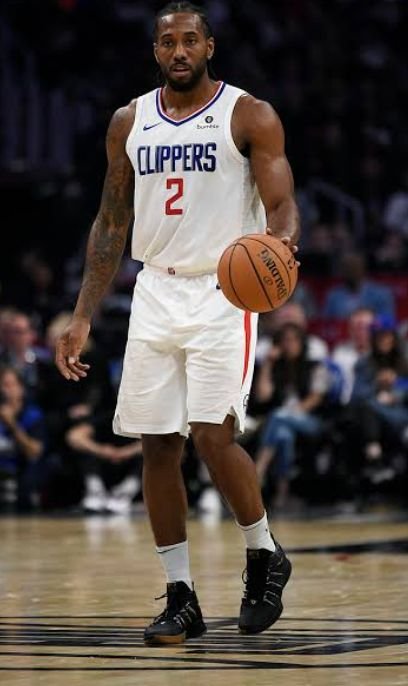“We’re doomed. Kawhi wants too much special treatment” – Clippers insider says Kawhi Leonard’s diva behavior sabotaged the 2020 title run

The Klaw’s special requests ended up going too far — and costing his team a shot at a title.
A system built on sand
By January 2020, the Clippers were 31–14, second in the West. They’d beaten the Lakers on opening night and again on Christmas Day.
It began with a helicopter. Two of them, actually — hovering above the private terminal at LAX as Kawhi Leonard and Paul George touched down in July 2019, officially ushering in a new era of Clippers basketball.
The Lakers may have gotten Anthony Davis, but L.A. belonged to the other team now.
On paper, the Clippers were built for it. Leonard was fresh off a championship run with Toronto. George had just finished third in MVP voting, and the team retained its blue-collar core — Patrick Beverley, Montrezl Harrell and Lou Williams. Add Doc Rivers, a championship coach and the deepest bench in the league so the math felt simple — title or bust
But cracks had started to show. Leonard was load managing, sitting out back-to-backs. George missed time with shoulder issues. Continuity was a rumor. Inside the locker room, tension simmered. One moment in particular came to define the unease — Kawhi’s pregame privacy request.
“How do you ever build a strong team with that s— going on?” one team source asked. “I thought from the beginning, ‘We’re doomed. Kawhi wants too much special treatment.'”
According to one beat reporter who covered the team at the time, Leonard asked for a personal space away from teammates before games, a decision that didn’t sit well with staffers or players. Some saw it as a red flag and others saw it as a wall.
“If there was one dynamic that showed the issues with some of the preferential treatment,” the reporter wrote, “It was Leonard’s pregame privacy request.”
The perks extended beyond that. Leonard lived in San Diego and was routinely late to team flights. He and George had input on the schedule, rest days, even practice structure.
It was resentment and disconnection. The role players — the ones who had battled through two playoff runs, who nearly knocked off the Golden State Warriors the year before — suddenly felt peripheral. They were now background pieces in a production they had never auditioned for.
